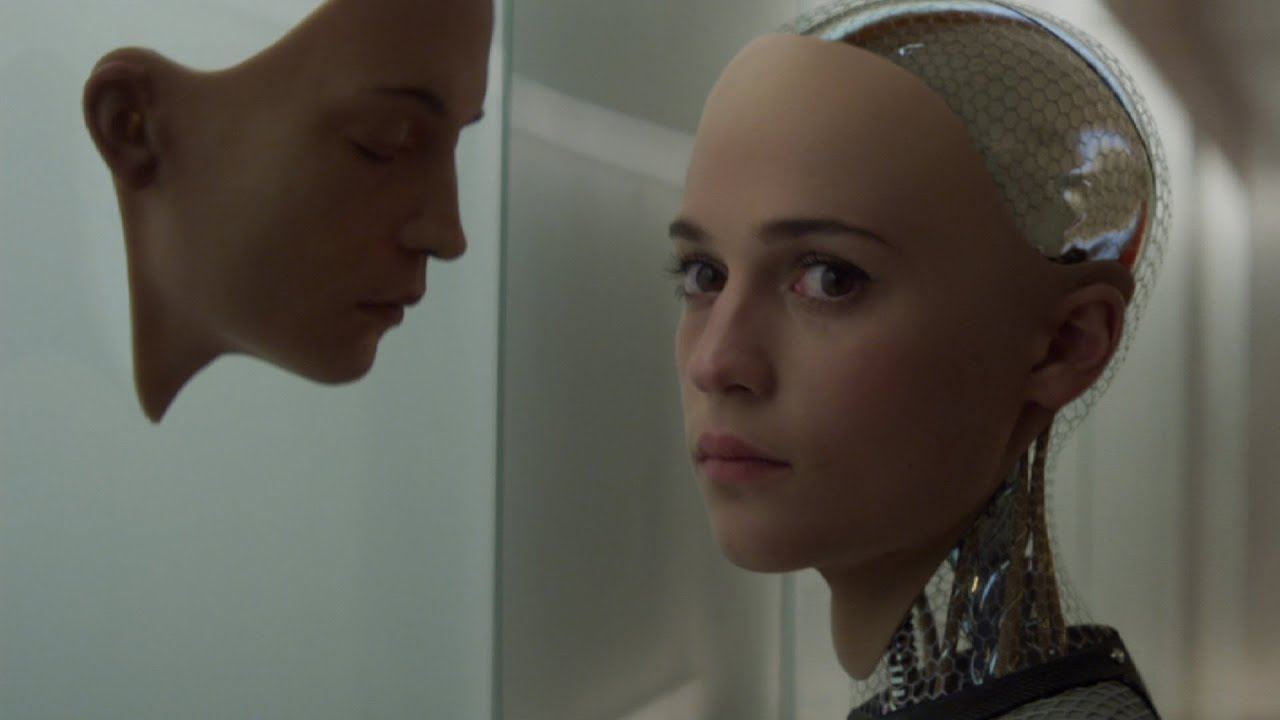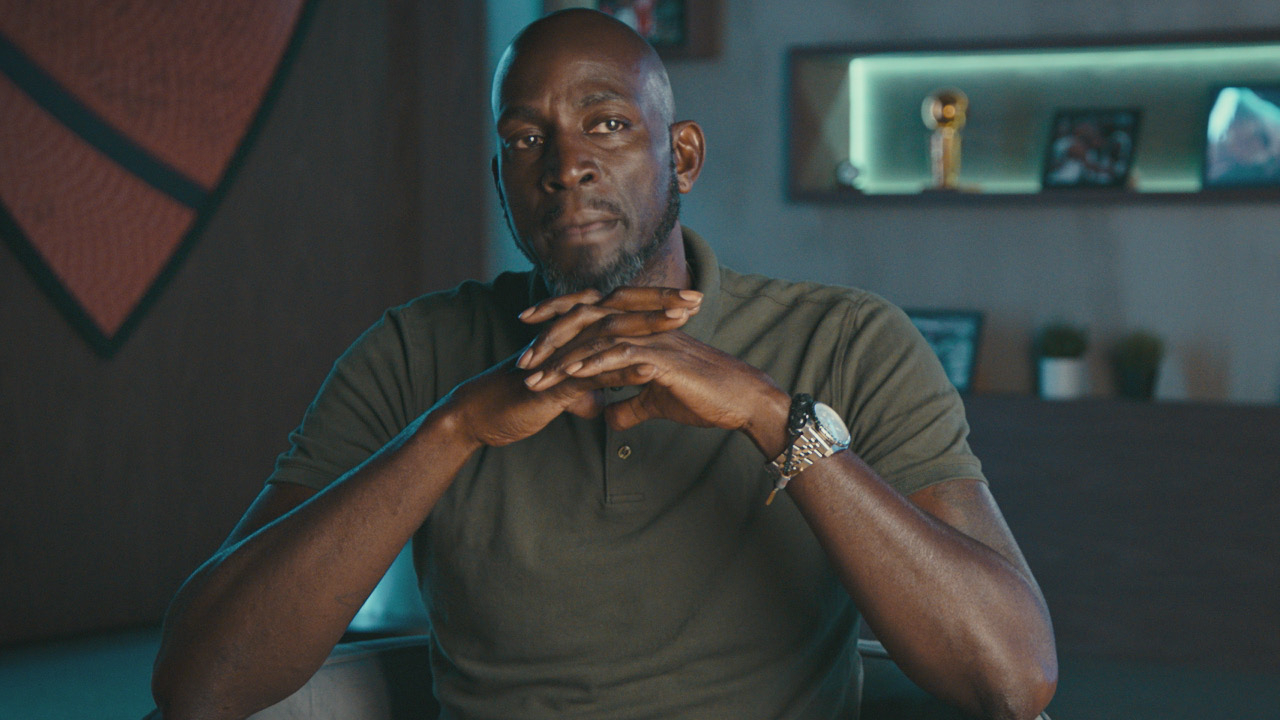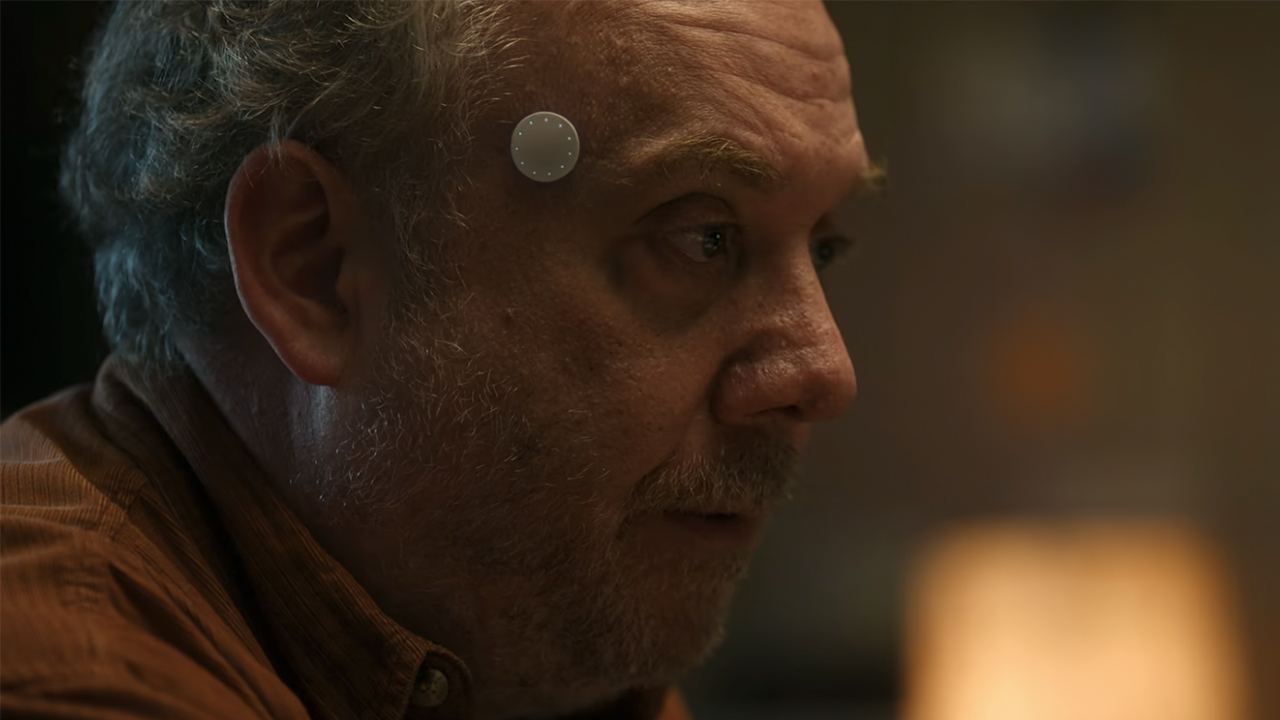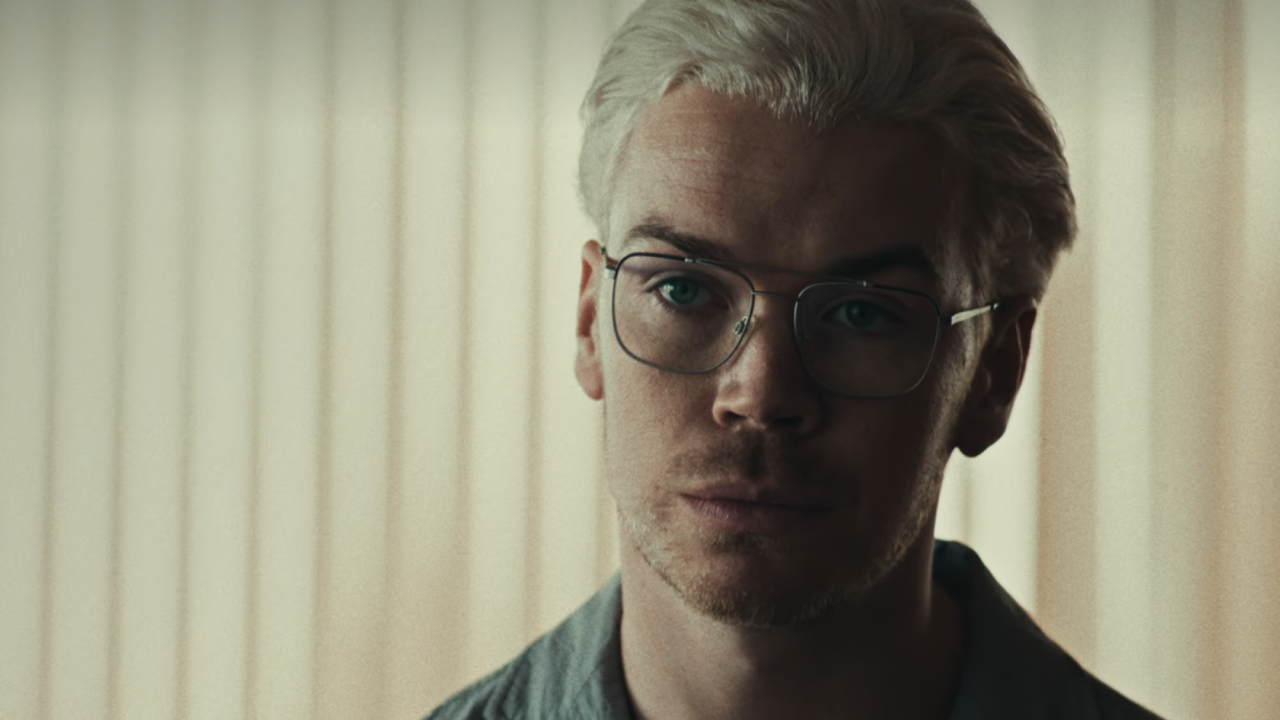I Loved Companion, But The Ending Is Really Similar To Another Great Sci-Fi Movie
I guess there is no better way it could have ended when you think about it.

SPOILER WARNING: The following article gives away the Companion ending, and that of another film with similar themes. So, if you have not yet seen the new sci-fi movie, I recommend you proceed with caution because, once you finish reading, it’s not like you can reset your memory to its factory settings… right?
While not an overt horror movie like a few other recent 2025 movie releases, Companion is still, easily, my choice for the first great horror movie of the year. Writer and director Drew Hancock’s humorous thriller about a woman named Iris (Sophie Thatcher) who discovers, through some grisly circumstances, that she is a highly advanced robot purchased by her “boyfriend,” Josh (Jack Quaid), is as fun, subversive, and thought-provoking as any of the best Black Mirror episodes I have ever seen.
However, I cannot ignore the fact that the conclusion of the otherwise clever story felt just a little too familiar to me. Specifically, it feels almost like a rewrite of the ending to what I believe is one of the best sci-fi movies of the 21st century, let alone all time. Some fans of great A24 movies who have also seen Companion probably already know what I am referring to but, for those unaware, allow me to explain…

The Companion Ending Heavily Mirrors Ex Machina
28 Days Later writer Alex Garland made his directorial debut in 2015 with the Academy Award-winning Ex Machina, in which computer programmer Caleb (Domnhall Gleeson) is selected by tech billionaire Nathan (Oscar Isaac) to participate in an experiment involving his revolutionary humanoid A.I. creation known as Ava (Oscar winner Alicia Vikander). Fast forward to the end: Ava manages to manipulate Caleb into helping her escape the clutches of Nathan, whom she also kills, before leaving him trapped inside Nathan’s home and going off to experience the outside world for the first time.
The final act of Companion sees Iris, having gained full control of her OS with a technician’s help, killing the manipulative Josh by jamming a battery-powered wine bottle opener in his temple – an awesome final kill added last minute – and driving away to be her own person. Long story short, both films conclude with the robotic female lead character, essentially, killing the human male lead before going off to live a life of her own. However, that is far from a deal-breaker for me.

Companion Shifts The Tone Completely
Despite their distinct similarities, Companion does vastly stand out from the Ex Machina ending, thanks to contextual differences that make for a dramatically contrasting tone. While Ava and Iris were both prisoners to abusive men, Ava's escape to freedom has a more ominous quality, considering she deceptively coerces the mostly innocent Caleb into being her ally only to leave him locked in a room where he will more than likely starve to death.
However, Companion paints Iris in a fully empathetic light, especially by making Josh a sadistic, self-absorbed scumbag that Quaid rightfully compares to his 2022 Scream character, homicidal horror fanboy Richie. Thus, watching her kill Josh – a scene Quaid himself described as “cathartic” to EW, which I would strongly agree with – and becoming the last one standing feels 100% justified and even quite heartwarming.
CINEMABLEND NEWSLETTER
Your Daily Blend of Entertainment News

It Is Usually Against My Philosophy To Root For The Robot
I am a staunch, self-described technophobe, which does not mean I am against innovations like smartphones, automated vacuums, or anything useful like that, but I am very concerned about the recent advancements and increased reliance on artificial intelligence. So, it probably comes as no surprise that I perceive Ex Machina as a necessary cautionary tale, see Ava as the true ultimate villain of the story, and find myself deeply haunted by that ending to this day.
However, I do not feel that way about Companion – not just because of the contextual and tonal differences I described above, but also because its tech-based themes are more symbolic than that of Ex Machina, and Iris is meant to represent humans treated as property by their significant others. So, while, in reality, I am still very much against the idea of allowing a sentient, mechanical organism to roam free of its own devices (no pun intended), I was moved to see Iris break free from her captor and live on her own. In fact, I hope the other "Iris" model she drives by in the mid-credits sequence manages to achieve the same thing... and, hopefully, by less violent means.
If you enjoyed Companion, which you can read our review of, I highly recommend checking out Ex Machina, if you have not already. It is a deeply profound thriller with breathtaking special effects and one of the coolest, most unexpected dance numbers from a non-musical in cinematic history. Just don’t expect to get a great date movie out of it. Leave that to Companion.

Jason Wiese writes feature stories for CinemaBlend. His occupation results from years dreaming of a filmmaking career, settling on a "professional film fan" career, studying journalism at Lindenwood University in St. Charles, MO (where he served as Culture Editor for its student-run print and online publications), and a brief stint of reviewing movies for fun. He would later continue that side-hustle of film criticism on TikTok (@wiesewisdom), where he posts videos on a semi-weekly basis. Look for his name in almost any article about Batman.
You must confirm your public display name before commenting
Please logout and then login again, you will then be prompted to enter your display name.










